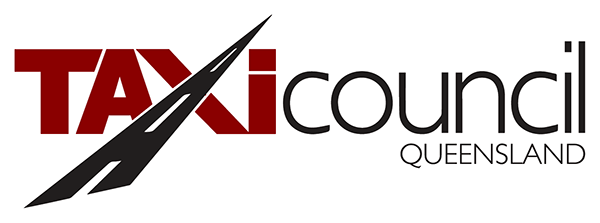Media release
27 April, 2018
The inundation of booked-hire vehicles on Brisbane and Gold Coast roads is resulting in mounting congestion and other traffic problems across CBD areas and inner city suburbs. Hundreds, and at times possibly thousands, of booked-hire vehicles are cruising around South East Queensland streets while waiting for their next fare, causing a massive strain on the traffic flow system.
The Taxi Council of Queensland (TCQ) is urging authorities to protect the safety of passengers and other road users by imposing stronger penalties on booked-hire vehicles that make dangerous manoeuvrers and stop to pick-up or set-down their clients illegally.
Booked-hire vehicles are not allowed to use taxi ranks under the Government’s new regulations because the space is too limited. Instead, booked-hired vehicles have access to more than 155 loading zones to pick up and drop off their passengers in the Brisbane CBD, so there is no reason for drivers to stop illegally, hold up traffic, or have passengers entering and exiting their vehicles in unsafe locations.
TCQ CEO, Blair Davies, says the unchecked growth and evidently negative impact of booked-hire vehicles on our roads is a “wake up call” for Government and has called for stronger enforcement by Police and Transport Department officers.
“Legalising booked-hire services has turned over our city streets to be run by people in the gig economy for their own profit at the expense of other road users,” said Mr Davies.
“Congestion is just the tip of the iceberg. Other unwanted consequences include dangerous parking manoeuvres and passengers getting in and out of vehicles in unsafe locations, both of which put passengers’ and other road users’ safety at greater risk.
“Passenger safety should always be put first and authorities need to do more to ensure booked hire drivers obey the law when operating on our roads.”
Booked-hired service, Uber, claims to have more than 11,000 drivers in Brisbane compared to the 3,100 taxis operating across the whole of Queensland. With booked-hire operators such as Ola and Taxify eyeing Brisbane as one of their next markets to enter, concerns of further traffic woes are imminent.
“The situation can surely only get worse as more operators enter the market,” predicts Mr Davies. “Brisbane should follow New York in considering a cap on the number of booked-hire vehicles operating on our roads as a means to mitigate congestion.
“While we welcome competition, more needs to be done by the Government to improve the safety and efficiency of Queensland roads. Everyone in the personalised transport sector should be held to the same standards as the taxi industry when passenger and public safety is at risk. The last thing we want is to see Queensland drivers and commuters lose out in the end as global operators pump more and more cars onto our roads,” concludes Mr Davies.
ENDS
